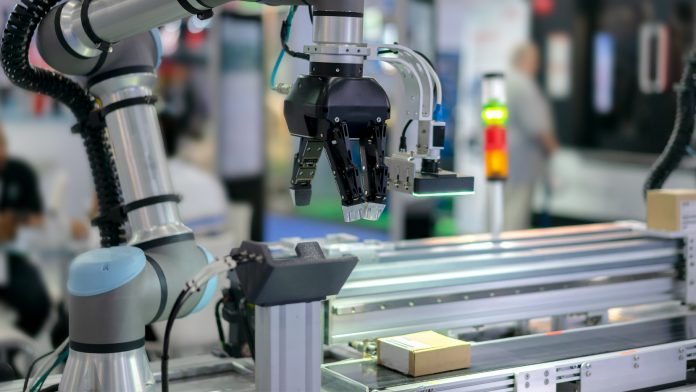A team of students from Virginia have been selected for the Mohamed Bin Zayed International Robotics Challenge 2020.
Tomonari Furukawa, robotics researcher, Zinn Faculty Scholar, leads a 14-person robotics team of University of Virginia School of Engineering and Virginia Tech students selected to compete in one of the world’s most prestigious robotics competitions, the Mohamed Bin Zayed International Robotics Challenge 2020 in Abu Dhabi, United Arab Emirates, which takes place 23-25 February.
Other US finalists include Carnegie Mellon University, the University of Pennsylvania and the Georgia Institute of Technology, as well as other leading robotics universities such as the Swiss Federal Institute of Technology, the University of Bonn in Germany, the University of Tokyo and the Korea Advanced Institute of Science and Technology.
The UVA Engineering-Virginia Tech team, named Team VIrginia Cooperative of auTOnomous Robots (VICTOR), will enter two types of autonomous robots in the competition, several unmanned aerial vehicles and an unmanned ground vehicle. Prize and sponsorship funds for the competition total $5m.
“Robots could build structures in no-oxygen settings”
Robots now work effectively in the manufacturing industry, but they can’t determine if their actions are putting a human in danger, so robots must work in separate environments away from human workers. “Getting from today to a future when robots are providing so many services will require engineers to make much more sophisticated robots,” Furukawa said.
“I can also see robots helping with problems that would be hazardous for humans, like fixing the Fukushima power plant in my home country of Japan,” Furukawa continued.
“Or, robots could build structures in no-oxygen settings like the moon or the International Space Station or someday even Mars.”
The team’s aim is to make robots self-regulating and autonomous by developing devices like sensors that can detect position, temperature, pressure and force, actuators that can move the robot and all its parts with precision, and operating system software to regulate of all these things.
The robotics competition in Abu Dhabi is clearly focused on advancing robotics automation. All of the event challenges require that the teams’ vehicles work as independently as possible—teams will be penalized for human intervention.
The tournament events indicate the level of sophisticated research that Furukawa and his students have been doing: a ground vehicle and an aerial vehicle must coordinate to find a fire in a building and then extinguishing it; an aerial drone must target a ball hanging from a moving target, another aerial drone; and a ground vehicle and an aerial vehicle must work together to pick up randomly placed bricks with different lengths and make an L-shaped wall.







